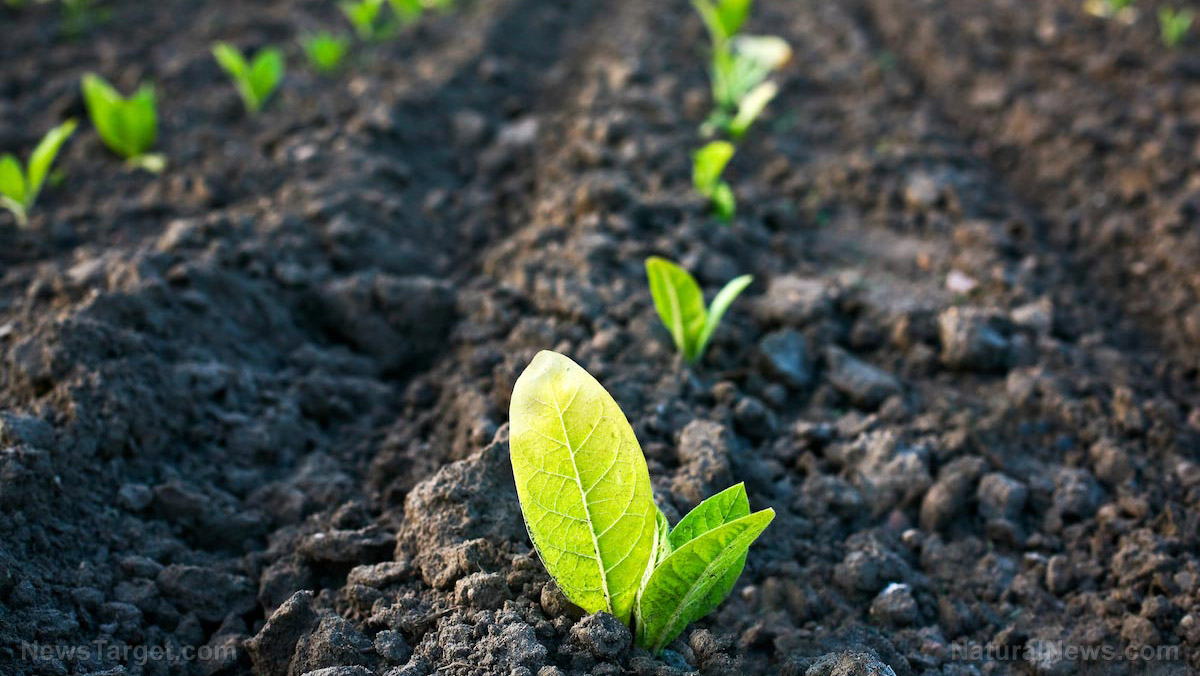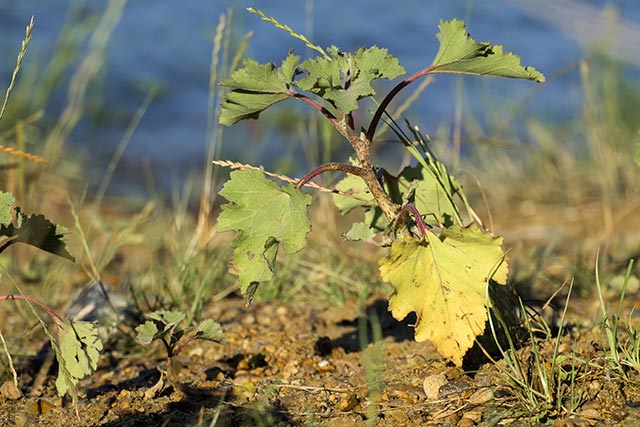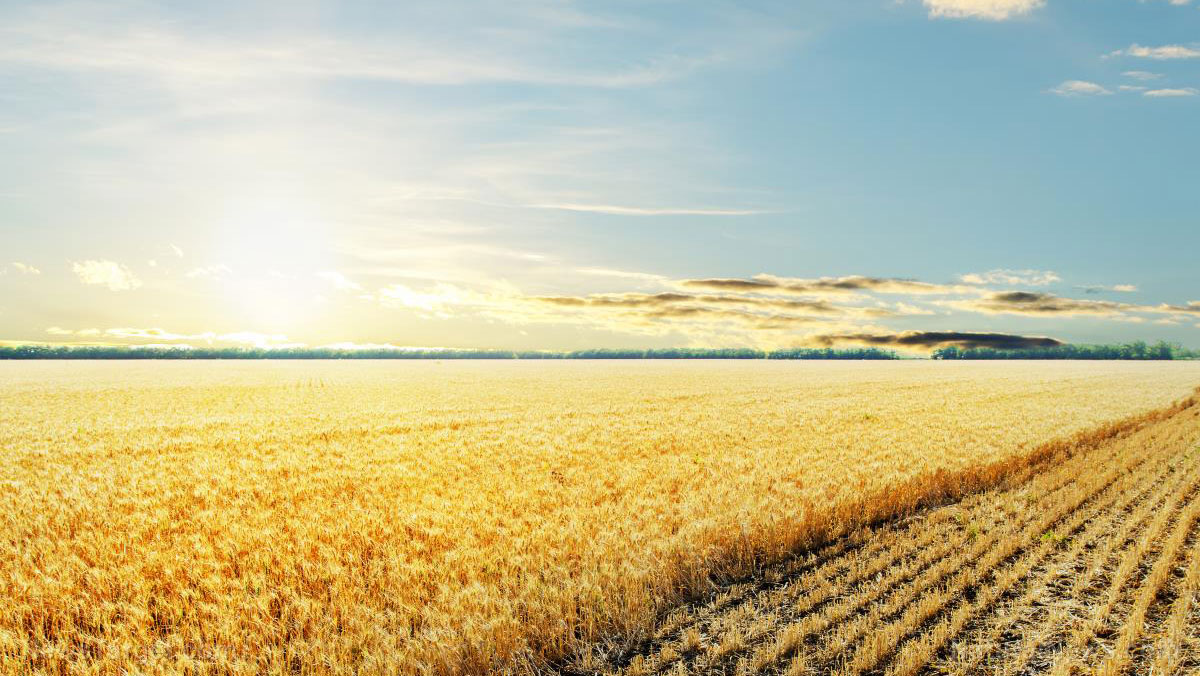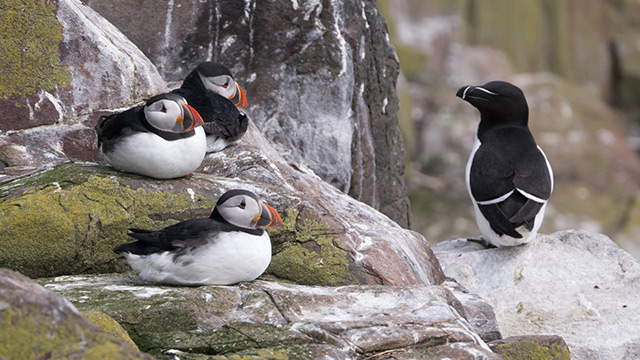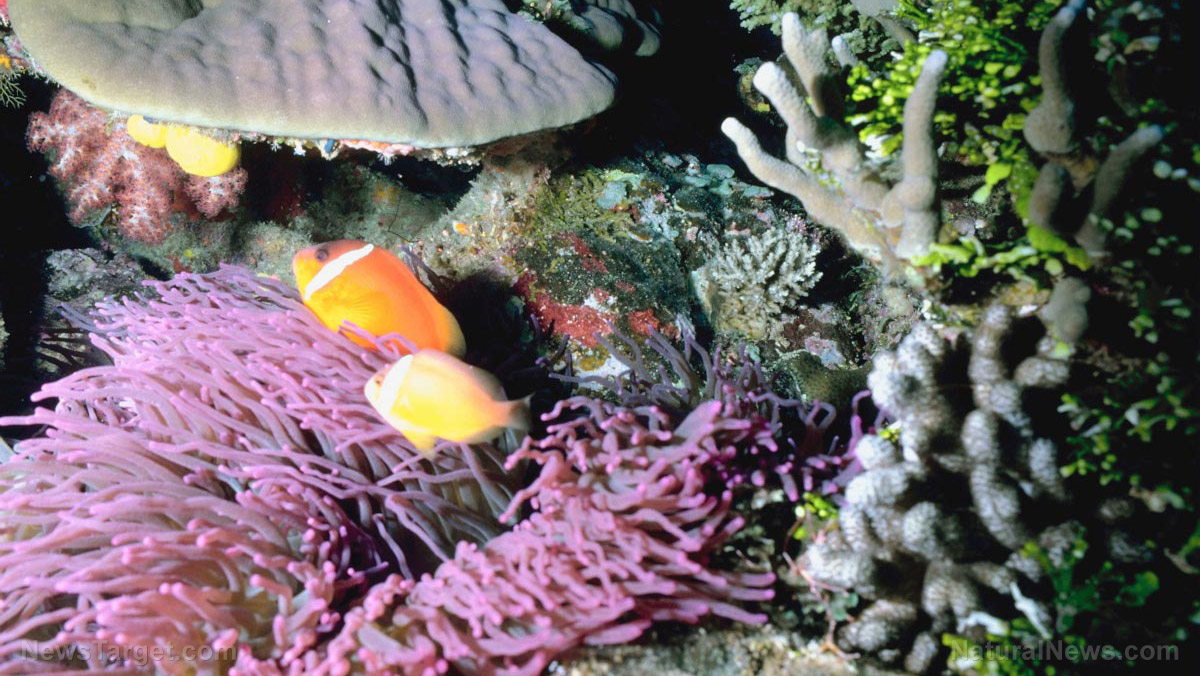Pest-eating bats are easing financial pressure on farmers and may help regrow rainforests
07/19/2019 / By Edsel Cook

In the African island of Madagascar, bats leave their tropical rainforest and descend upon the ricefields cultivated by human farmers to devour plant-eating insect pests. Their organic pest control service may help persuade locals to preserve the forests instead of razing them.
Every year, humans cut down one percent of Madagascar’s rainforest cover. They cultivate the cleared land to grow rice, the primary food crop of the country. However, insect pests ruin immense amounts of rice, forcing subsistence farmers to clear away even more rainforest for more rice paddies in a vicious cycle of destruction.
Most animals are negatively affected by the destruction of their habitat and the loss of biodiversity. But researchers at the University of Cambridge found that insect-eating bats benefit from the situation.
Many native species of bats flock to the new rice fields, where they gorge upon the swarms of insect pests attacking the food crops. They unintentionally provide biological pest control for the farmers. (Related: Noise pollution threatening the food supply? Human-generated underwater noise found to disrupt the ability for fish to school.)
Bats are protecting human rice fields from destructive insect pests
The Cambridge researchers recorded the “feeding buzzes” that bats use to locate food in the Ranomafana National Park in southeastern Madagascar. They compared the number of these hunting echolocation sequences at 54 individual sites.
Their findings showed that bats prefer to forage for food in human rice fields than in rainforests. The animals spend 700 percent more time over irrigated rice fields than in forests, and a whopping 16,000 times over hillside farms.
Hillside rice fields draw the most attention from bats. These locations often suffer from water shortages and nutrient run-off. They are far more prone to suffer infestations of insect pests, which attract hungry bats.
“We found that six species of bat are preying on rice pests such as the paddy swarming caterpillar and grass webworm,” explained Cambridge researcher Ricardo Rocha. “The damage that these insects cause puts the island’s farmers under huge financial pressure and that encourages deforestation.”
For the next phase of the experiment, the researchers caught bats in the rice fields and rainforests. They took samples of the animals’ droppings and analyzed the DNA to determine the contents of their diets. They found that the bats eat various insect pests which target essential food crops like citrus, coffee, macadamia, rice, and sugarcane.
Human farmers should encourage bats to frequent their rice paddies
Based on their results, the Cambridge research team suggested that improving the local population of bats will increase the yield of food crops and encourage sustainable living among locals. They also believed that further research would be helpful.
Bats make up 20 percent of the mammal species in Madagascar. Thirty-six of these species are endemic to the island, so it is imperative to conserve their numbers. Despite this, bats are considered a game species by the local government. They do not enjoy the protection given to other rarer animals.
As their rainforest home gets razed, local bats are forced to live inside human buildings. Natives consider the animals a pest, so they drive them off or even kill them.
“The problem is that while these bats are benefiting from farming, deforestation is also denying them places to roost,” Rocha remarked. “With the right help, we hope that farmers can promote this mutually beneficial relationship by installing bat houses.”
Not only do bats eat crop pests, they also feed on insects that spread infectious diseases. They reduce the risks of mosquito-borne diseases like malaria and Rift Valley fever. They also eat blackflies that can infect humans with river blindness.
Bats need protection as much as any other endangered animal. Visit Extinction.news to learn how you can help preserve animals like pest-eating bats.
Sources include:
Tagged Under: agriculture, animal research, animals, bats, biodiversity, deforestation, Ecology, ecosystems, Endangered species, environment, extinction, farming, harvest, insect pests, Madagascar, natural pest control, pest control, rainforests, rice crops, rice farmers, rice fields, wildlife conservation
RECENT NEWS & ARTICLES
COPYRIGHT © 2017 ENVIRON NEWS

